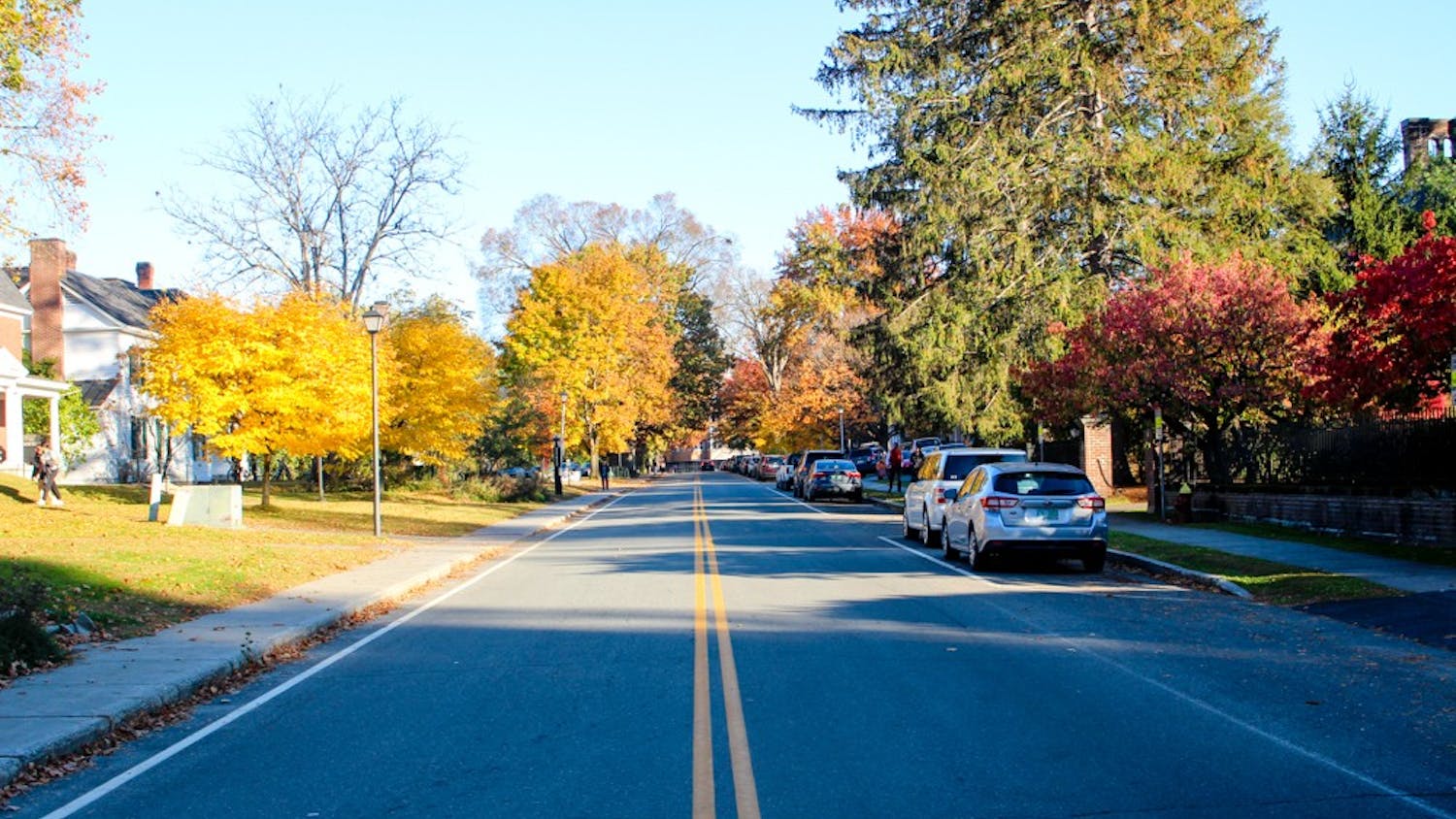On day one of my dorm room quarantine, I watched my professor’s lecture through a laptop screen. My food was delivered twice daily by a person whom I never saw. I was only allowed out of my room in order to use the bathroom and seek medical help. Though the situation sounds eerily similar to the premise of a dystopian novel, it’s actually my college experience, taking place entirely through screens and six-foot distances.
In the 21st century, the archetypal “college experience” means living independently, meeting new people and undergoing a process of self-discovery that serves as a transitional period from childhood to life as a full-fledged adult. Last July, an Axios/College Research poll showed that 76% of students said they would return to campus in the fall if given the option. I was one of them.
It wasn’t necessarily the academic experience that I was missing. In some ways, I’ve been privileged enough to have my education enriched by the virtual format. Attending office hours is more convenient than ever, and jumping from meeting to meeting no longer requires making cold treks across the Green. However, there are certain experiences at Dartmouth –– particularly the social ones –– that can’t be fully replicated virtually. College parties are obvious casualties of the digital age, as are kayaking across the Connecticut river, throwing snowballs during the first big snowfall of winter and joining in those long-standing traditions and spontaneous interactions that make Dartmouth’s community feel like home.
Although obtaining a college degree generally increases a graduate’s median income by more than 50%, career readiness is only one fraction of why people go to college. For decades, American life has been defined by college –– by its tendency to determine home buying decisions, marriages and where one chooses to live after graduation. It’s a trend that tends to drive income inequality and make social mobility more elusive.
As much as American life has come to be defined by the college experience, the benefits of residential college life could also be gained through other avenues. Want to become a well-rounded, open-minded person? That goal might be better achieved at a non-residential institution like Minerva Schools at Keck Graduate Institute, where students get the chance to spend every semester on a new continent while taking classes online. Want to gain access to exclusive professional opportunities? Attend professional conferences and schedule coffee chats with people who can change your life. Want to be in close proximity to other 18 to 22 year olds? Go to Coachella for a weekend.
College is not a coming-of-age opportunity that everyone gets, or even wants. At least 35% of American students attend two-year institutions, and with the growing popularity of online education, nontraditional educational models are widely expected to gain further traction in the future. Even before the pandemic, residential colleges were by no means utopias.
Some students, particularly those who are first-generation or low-income, have always faced barriers to the archetypal “college experience.” There are students who always took classes online, worked full-time while in school or took time away in order to care for their families and pursue non-academic interests. There are students who rely on their campuses not only for social life and debauchery, but for secure housing, Wi-Fi and healthcare. Students at private institutions not quite as well-endowed as Dartmouth may face the risk of suddenly losing their semester housing or other university-provided necessities if their school abruptly shuts down. Such precarious circumstances were never fit to provide a long-term vision of the “college experience.”
Though it is unlikely that residential colleges will disappear altogether, this past year should act as the reckoning we need to make higher education more affordable and accessible. Doing so will risk compromising the college experience, but it’s a risk worth taking. With large budget cuts, growing acceptance of online education and reluctance among students to pay skyrocketing tuition costs, residential universities will need to pivot in order to sustain themselves in the coming decades. Virtual education options should be a part of that package, but only if those options become affordable and accessible. Students have been forced to adapt. Colleges should do the same.



